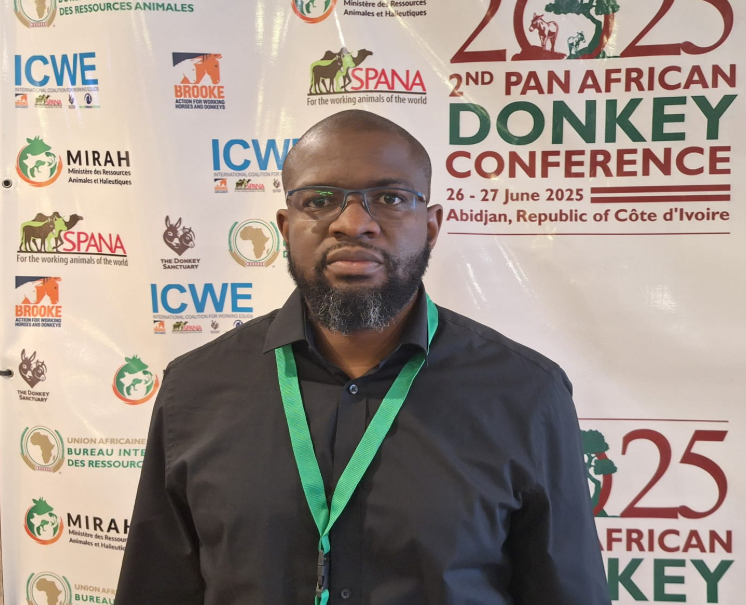
THE growing global demand for donkey skin is having a toll on women and children in Africa, including Kenya, a new report now says.
This is especially those in rural areas, according to a new report launched at the Pan-African Donkey Conference (PADCo).
The research highlights widespread donkey theft and sharp drops in household income, warning of a mounting crisis driven by international demand for ejiao, a traditional medicine made from donkey gelatine.
Published by The Donkey Sanctuary, the report titled Stolen Donkeys, Stolen Futures reveals how up to 5.9 million donkeys are slaughtered globally each year to meet the demand for ejiao.
With China’s donkey population already decimated, Africa has become a major source for this trade, threatening the livelihoods of millions of smallholder farmers and transport-dependent families.
In Kenya, donkey theft is rife in rural areas with 29 out of 30 women (over 90 per cent) in one community having had their donkeys stolen.
There has been a high rate of theft and bush slaughter, prompting calls for action from animal welfare groups and the government.
“This trade is robbing African women of more than animals, it is robbing them of dignity, economic opportunity and support in their daily lives,” said Dr David Obiero of Maasai Mara University and lead author of the study.
The report, backed by peer-reviewed research published in Human Animal Interaction, paints a grim picture.
In Kenya, household incomes fell by as much as 73 per cent following the loss of a donkey, with women reporting increased physical burden, emotional distress and the breakdown of economic resilience after losing their animals.
Donkeys are essential for daily tasks including collecting water, transporting goods and accessing markets.
In many communities, they are seen as integral members of the household.
One woman described her donkey as her “co-wife” due to the critical role it plays in supporting her family.
“When donkeys are stolen, families are thrown into hardship. Women are forced to carry firewood, water and produce themselves. It is painful to watch our communities suffer like this,” Association of Donkey Owners in Kenya Treasurer, Anne Onditi, said.
The report was unveiled at PADCo 2025, hosted by the African Union’s Inter-African Bureau for Animal Resources (AU-IBAR) and supported by the International Coalition for Working Equids (ICWE).
The event brought together policymakers, researchers and civil society leaders to address the growing threat posed by the trade.
This follows the African Union’s bold decision in February 2024, when Member States agreed to a continent-wide moratorium on the slaughter of donkeys for their skins and committed to a strategy to protect the animals and the communities that depend on them.
“This research shows the clear link between animal welfare and human development,” said Marianne Steele, CEO of The Donkey Sanctuary, “The trade in donkey skins is not just a threat to animals, it is a threat to gender equality, food security and rural livelihoods.”
Jessica Stark, Chair of ICWE, called on African governments to act swiftly, saying: “Time is running out. We urge leaders to stand by their AU commitments, protect one of the continent’s most valuable working animals and put an end to this destructive trade. Donkeys are more than animals. They are engines of development in rural Africa.”








